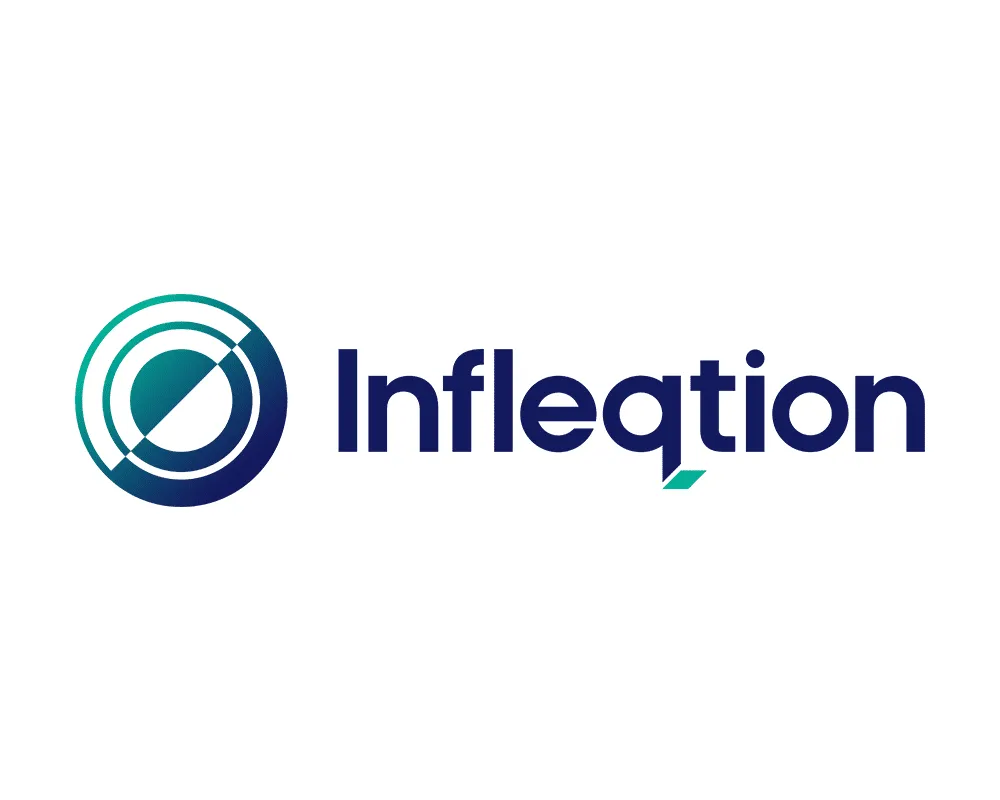
Infleqtion and JPMorgan Chase Release Groundbreaking Open-Source Library for Quantum Error Correction
A team of researchers from Infleqtion, in collaboration with JPMorgan Chase, has launched a new open-source research software library aimed at significantly accelerating advancements in quantum computing. This new release is designed to address some of the most pressing challenges in the development of practical quantum applications, particularly focusing on improving the efficiency of quantum error correction. The initiative is expected to drive faster progress in the field and could lead to revolutionary changes in industries that stand to benefit from quantum computing.
The official release was announced with a deeper dive into the project scheduled during Infleqtion CEO Matthew Kinsella’s participation at the prestigious Economist Impact Commercialising Quantum Global 2025 event, which is being held in London on May 13-14. This forum is one of the largest gatherings of experts, researchers, and businesses from around the world, dedicated to exploring the latest in quantum technology and its commercial applications.
At the core of this groundbreaking announcement is a new software library that introduces advanced quantum error correction techniques. These techniques promise to enable dramatic reductions in the number of physical qubits necessary to run quantum programs, with improvements ranging from 10x to 100x. This breakthrough addresses one of the most significant challenges faced by the quantum computing industry today: the massive amount of hardware typically required to achieve fault tolerance in quantum systems.
Tackling One of Quantum Computing’s Biggest Challenges
Pranav Gokhale, General Manager of Computing at Infleqtion, highlighted the importance of efficient error correction in advancing quantum computing to a commercially viable stage. He stated, “Efficient error correction is one of the key enablers for commercially relevant quantum computing. Through our work with JPMorgan, we’re showing how software and hardware innovation, especially the flexibility of our Sqale quantum processor, can work together to move the financial industry toward commercial use of quantum computing faster.”
Currently, one of the primary obstacles in building a reliable and fault-tolerant quantum computer is the enormous overhead in hardware. Quantum systems typically require a large number of physical qubits to form a single logical, error-corrected qubit. Early estimates have suggested that as many as 1,500 physical qubits might be needed to support the operation of just one logical qubit.

However, with the introduction of the new open-source library, this requirement has been reduced dramatically. Depending on the specific implementation, the new library enables the reduction of this number to between 15 and 150 physical qubits, a remarkable step toward shrinking the hardware footprint required for real-world quantum applications.
The library utilizes the qLDPC (Quantum Low-Density Parity-Check) error correction codes, which are specifically designed to be highly effective in reducing the number of qubits required for error correction. These tools are particularly well-suited to Infleqtion’s neutral atom-based quantum computing hardware, which allows for more customizable and flexible qubit layouts. This flexibility is a significant advantage, as it enables the implementation of more efficient and tailored error-correcting codes.
Hardware-Aware Software for Quantum Efficiency
One of the key innovations of this project is its focus on making the software and hardware work in tandem, thus optimizing both aspects to achieve unprecedented levels of efficiency in quantum computing. The new error-correction techniques integrated into the qLDPC library are not just theoretical—they have been designed with the specific characteristics and capabilities of Infleqtion’s quantum hardware in mind.
Infleqtion’s neutral atom-based quantum processor is known for its ability to support highly customizable qubit layouts, making it an ideal platform for implementing these advanced error-correcting codes. This allows for significant improvements in the scalability of quantum systems, making them much more practical for use in real-world applications across industries like finance, pharmaceuticals, and logistics.
This tailored approach, in which software is developed with the hardware’s unique properties in mind, is crucial to achieving the kind of efficiency that will make quantum computing commercially viable. The collaboration between Infleqtion and JPMorgan Chase is a prime example of how hardware and software innovations can complement one another, accelerating the transition from theoretical quantum research to practical, commercial solutions.
Promoting Open Access for Greater Impact
In line with Infleqtion’s commitment to fostering collaboration and innovation in the quantum computing space, the qLDPC library has been made available as an open-source project. This decision allows developers, researchers, and hardware partners from around the world to access, modify, and build upon the library, creating an environment of open collaboration and continuous improvement.
By offering the qLDPC library as open-source, Infleqtion is helping to create a shared foundation for quantum developers. This open-access model is intended to facilitate the exploration of new methods for improving error correction and optimizing quantum workloads. Researchers and developers can directly engage with the codebase, contribute their own insights, and adapt the library to suit a wide range of quantum computing platforms, fostering a culture of innovation and progress.
The open-source approach also aligns with Infleqtion’s ongoing commitment to the UK’s quantum sector. Infleqtion has been at the forefront of several key joint research and development (R&D) initiatives at the National Quantum Computing Centre (NQCC) and continues to collaborate with both academic and industrial partners on cutting-edge projects aimed at advancing quantum technology.
This release is not just a technical milestone but also a significant step forward in the broader quantum ecosystem. By enabling widespread access to this advanced quantum error correction software, Infleqtion is helping to accelerate the pace of discovery and application in the field, positioning itself as a key player in the global quantum computing landscape.
To access the qLDPC library and learn more about its capabilities, visit the official GitHub repository at qLDPCOrg/qldpc.
Infleqtion at Economist Impact’s Commercialising Quantum Global 2025
Infleqtion’s CEO, Matthew Kinsella, and Pranav Gokhale, General Manager of Computing, are taking part in a series of discussions and sessions at the Economist Impact Commercialising Quantum Global 2025 event in London. The event is one of Europe’s largest quantum technology gatherings, bringing together thought leaders, innovators, and investors from the quantum community.
Infleqtion’s participation at the event includes a range of key sessions, where the team will discuss the latest advancements in quantum computing and the role of industry collaborations in accelerating commercial quantum solutions:
- May 13: “Closing the Classical Gap: When and How Will Quantum Overtake?” — A fireside chat with Infleqtion CEO Matthew Kinsella.
- May 14: “Quantum in Action: Real Applications, Real Advantages” — An interactive roundtable featuring Matthew Kinsella and Pranav Gokhale.
- May 14: “Let’s Get Entangled: Fostering International Collaboration and Alliances” — A panel session featuring Matthew Kinsella.
These sessions are expected to provide valuable insights into the current state of quantum technology and its commercial applications, showcasing Infleqtion’s commitment to driving the development of quantum solutions that can deliver tangible benefits to industries like finance, healthcare, and energy.
For more details about the event and to access additional information on the topics discussed, visit the Commercialising Quantum Global 2025 website.
With the release of the qLDPC open-source library, Infleqtion has set a new benchmark for quantum error correction, pushing the boundaries of what’s possible in the field of quantum computing. By making this tool available to the broader quantum community, Infleqtion is enabling a faster path to the development of fault-tolerant, scalable quantum systems. This step is crucial in advancing the practical applications of quantum computing, which has the potential to revolutionize industries across the globe.
As the quantum ecosystem continues to evolve, collaborations between organizations like Infleqtion and JPMorgan Chase are likely to play an increasingly important role in advancing the commercialization of quantum technology. With ongoing innovation and a commitment to open access, Infleqtion is positioning itself as a key driver in the quest to unlock the full potential of quantum computing.







